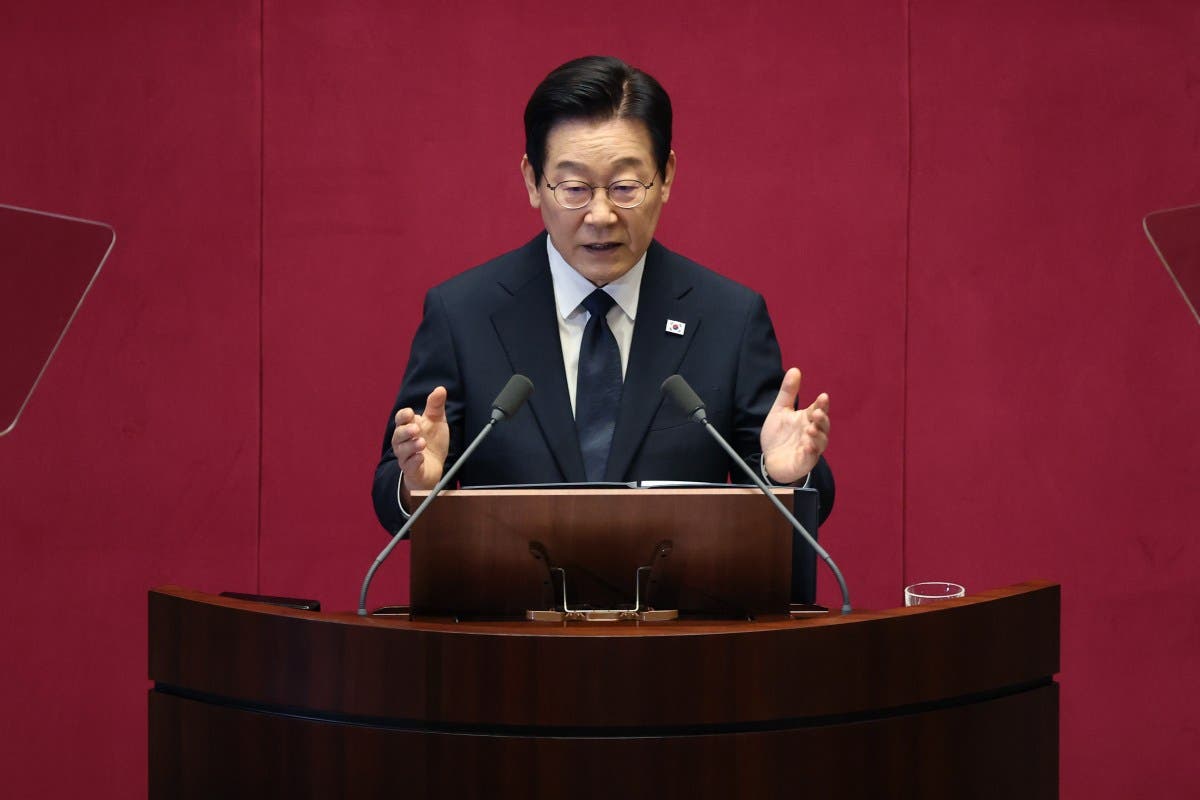South Korean President Lee Jae-myung has instructed police to play a significant role in combating online hate speech, asserting that such behavior “crosses the boundary of freedom of expression.” This directive comes amid rising anti-foreigner sentiment in the country, particularly directed at Chinese nationals. The push for action follows large-scale demonstrations by conservative groups leading up to the Asia-Pacific Economic Cooperation (APEC) summit held in Busan last month.
In 2022, the number of foreign nationals residing in South Korea for at least three months reached a record 2.58 million, making up roughly 5 percent of the population. These recent protests underscore heightened anxieties surrounding demographic changes in a nation that has historically been one of the world’s most homogeneous societies.
During a Cabinet meeting on October 3, 2023, Lee, representing the left-leaning Democratic Party of Korea, highlighted the prevalence of hate speech and disinformation, particularly on social media platforms. He stated, “Acts such as distorting or manipulating facts, spreading racial hatred or discrimination— the circulation of such false information is an act that threatens democracy.” Lee emphasized that these issues pose a serious threat to the daily lives of citizens and must be treated as a crime.
The President’s remarks reflect a broader commitment to addressing hate speech in South Korea. When questioned by Gender Equality Minister Won Min-kyung about accountability for high-ranking officials, including the head of the National Human Rights Commission, Lee confirmed that all public officials would be held to the same standards regarding hate speech.
The current chair of the Commission, Ahn Chang-ho, has faced scrutiny for previous anti-LGBTQ+ comments, including statements during his confirmation hearing expressing concerns that anti-discrimination laws could be misused by “Marxists” to initiate a “communist revolution.”
In a notable policy shift, Lee approved a proposal from Personnel Management Minister Choi Dong-suk that would allow for the immediate dismissal of civil servants found guilty of engaging in hate speech. This new regulation is expected to be adopted promptly, according to the Korea Times.
The international response has also been significant. Dai Bing, the Chinese ambassador to South Korea, commented at a forum in Seoul, stating that “far-right forces in Korea are spreading disinformation about China and organizing anti-China protests, which not only damage the friendship between our two countries but also tarnish Korea’s national image.”
South Korea and Japan are currently the only two countries within the Organization for Economic Co-operation and Development (OECD) that lack comprehensive anti-discrimination laws. During the same Cabinet meeting, Lee expressed his support for Justice Minister Jung Sung-ho’s initiative to promote parliamentary debate on such a law, inspired by similar legislation in Japan and Europe. Additionally, Lee proposed the abolition of a clause in the country’s criminal defamation law that permits the punishment of factual statements, arguing that such disputes should be resolved in civil court.
The government’s proactive stance on hate speech reflects a commitment to fostering a more inclusive society amid ongoing demographic shifts and societal change. As South Korea navigates these complex issues, the implementation of effective measures remains crucial for protecting the rights of all citizens.
